Who We Are
AboitizPower is the Philippines’ leading provider of renewable energy, advancing business and communities towards A Better Future.
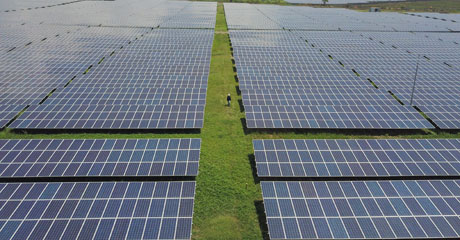
AboitizPower is the Philippines’ leading provider of renewable energy, advancing business and communities towards A Better Future.

AboitizPower champions sustainability initiatives and ventures that help make the world a better place not only for people living today but for generations to come.
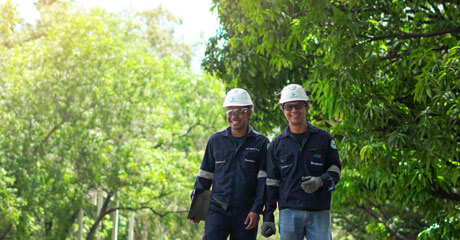
AboitizPower upholds the highest ethical standards, safeguarding the integrity of our initiatives and developments as a business enterprise and a partner for environmental protection.

View our shareholder relations and investment reports and find out how we prioritize addressing the triple bottom line of people, planet, and profit.

Stay updated on the latest stories and developments about AboitizPower.

A Better Future and career await you at AboitizPower. Browse through our job vacancies and join our ever-growing family today!
February 15, 2024
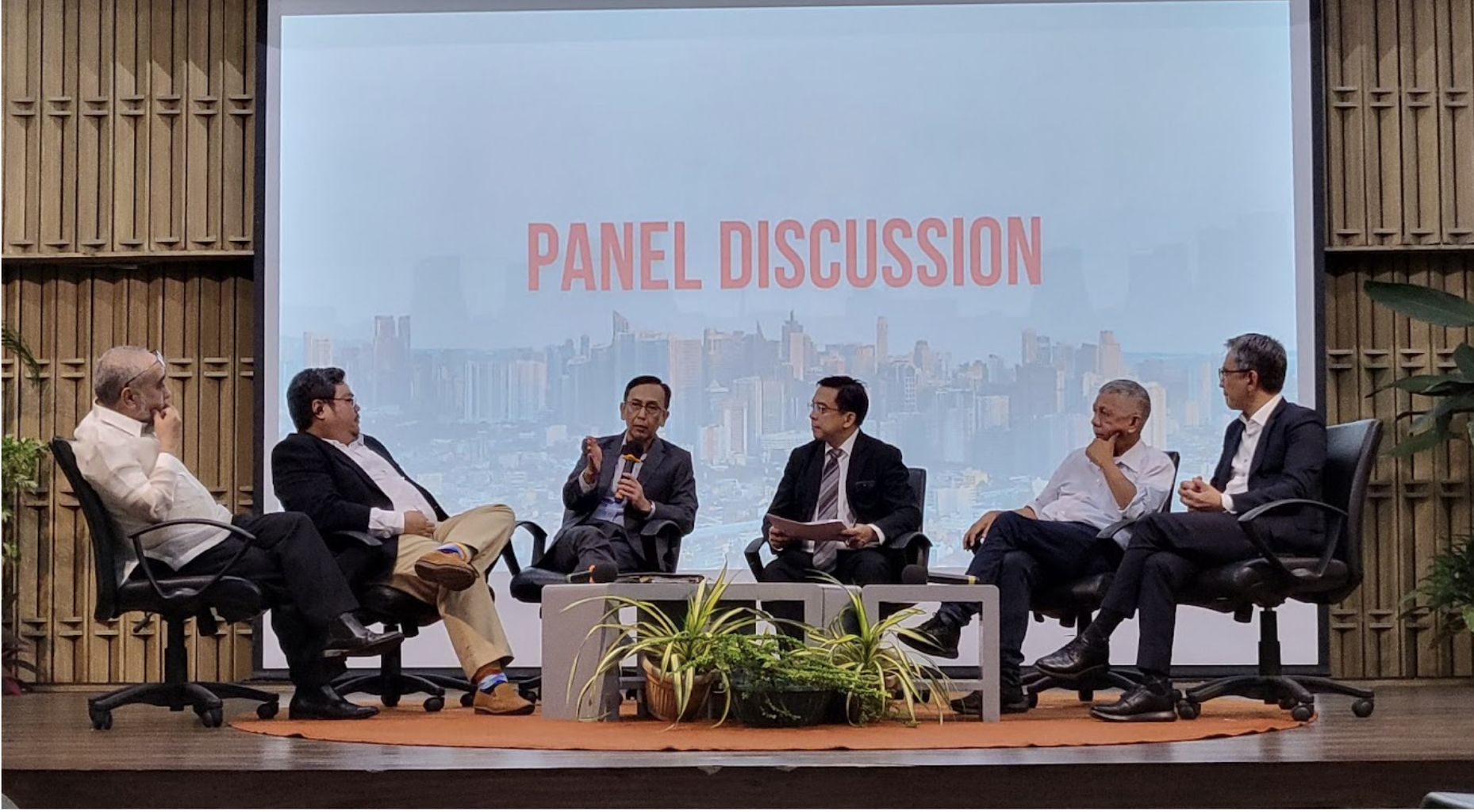
The Philippine nuclear program should prioritize safety while striving to make prices competitive via quality planning and a sound regulatory environment, an Aboitiz Power Corporation (AboitizPower) official said.
"Number one, nuclear energy has to be safe, full stop. At the same time, it has to be reliable and affordable,” said AboitizPower Head of Energy Transition Projects Felino Bernardo, noting that the lifespan of a nuclear power plant — which can last from 40 to 60 years — factors into its levelized cost of electricity (LCOE).
LCOE measures the cost of building and operating a power plant to determine the needed average revenue per unit of electricity generated.
“Nuclear has a different kind of economics, with high capital expenditures (CapEx) and low running costs,” Bernardo explained. “But these are just the CapEx and running costs. We’re not yet talking about externalities like impact to the environment, to health, and to supporting the growing share of intermittent sources in the electricity grid. We have to take all these into consideration.”
Bernardo made his remarks during the second Ruperto P. Alonzo Memorial Lecture entitled “The Nuclear Option” held at the University of the Philippines School of Economics, Diliman.
The executive added that a major driver of cost in building nuclear power plants concerns interest rates and whether or not construction is on time and on budget.
“Significant delays, combined with high interest rates, will make a nuclear project uneconomic. It really depends on the quality of planning, the strength of the supply chain, and the regulatory environment,” he said.
Bernardo said that policy will ultimately determine the desired energy mix of technologies as it relates to the balancing of energy security, energy affordability, and environmental issues and safety, with the latter being the main responsibility of the proposed nuclear regulatory body.
Electricity demand is projected to increase by 6.6% annually until 2040. Simultaneously, the Philippine government targets to transition the power grid to have 50% renewable energy by the same year.
Nuclear power is seen as a zero-emissions baseload complement to the growth of variable renewable energy. A capacity of 1,200 megawatts from nuclear power is targeted to take part in the Philippine power mix by 2032, according to the Department of Energy.
“Energy is very important. Economic growth is highly correlated with the growth in capacity in electricity,” Bernardo said, emphasizing the need for sufficient supply to meet demand and sustain economic growth.
“We also need to ensure affordability but at the same time encourage development by investors with the appropriate policies,” he added.
The Philippine economy grew by 5.6% in 2023. The country targets an economic growth rate of 6.5-7.5% for 2024 and 6.5-8% for 2025 to 2028. S&P Global also projects the Philippines having a trillion-dollar economy by 2033.
“It has to be a managed transition,” Bernardo maintained. “It is a big challenge to achieve this balance and we need both the public and private sectors’ cooperation to make it happen.”
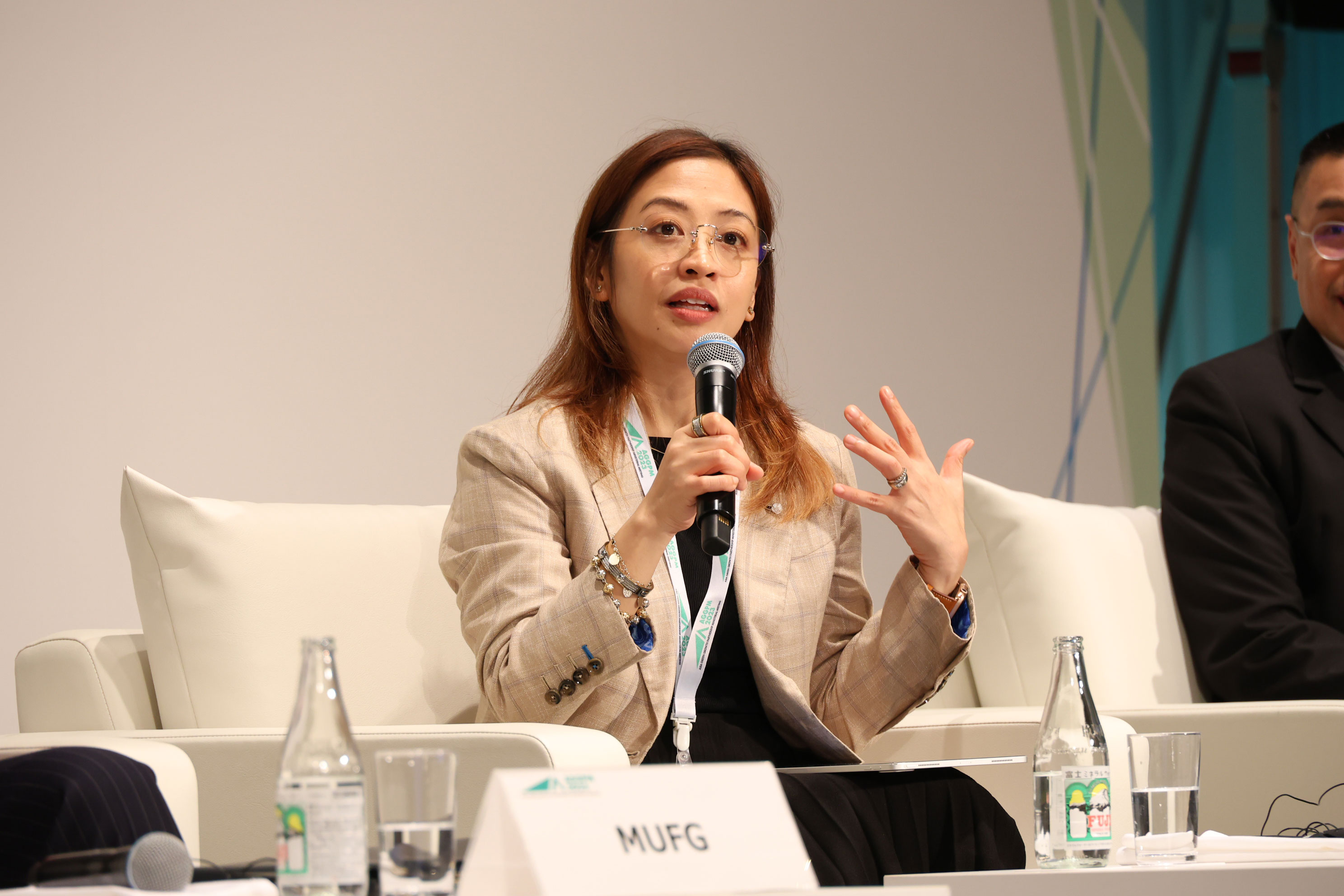
AboitizPower Chief Finance Officer Liza Montelibano highlights the need for energy security in the Philippines amidst its energy transition during the...
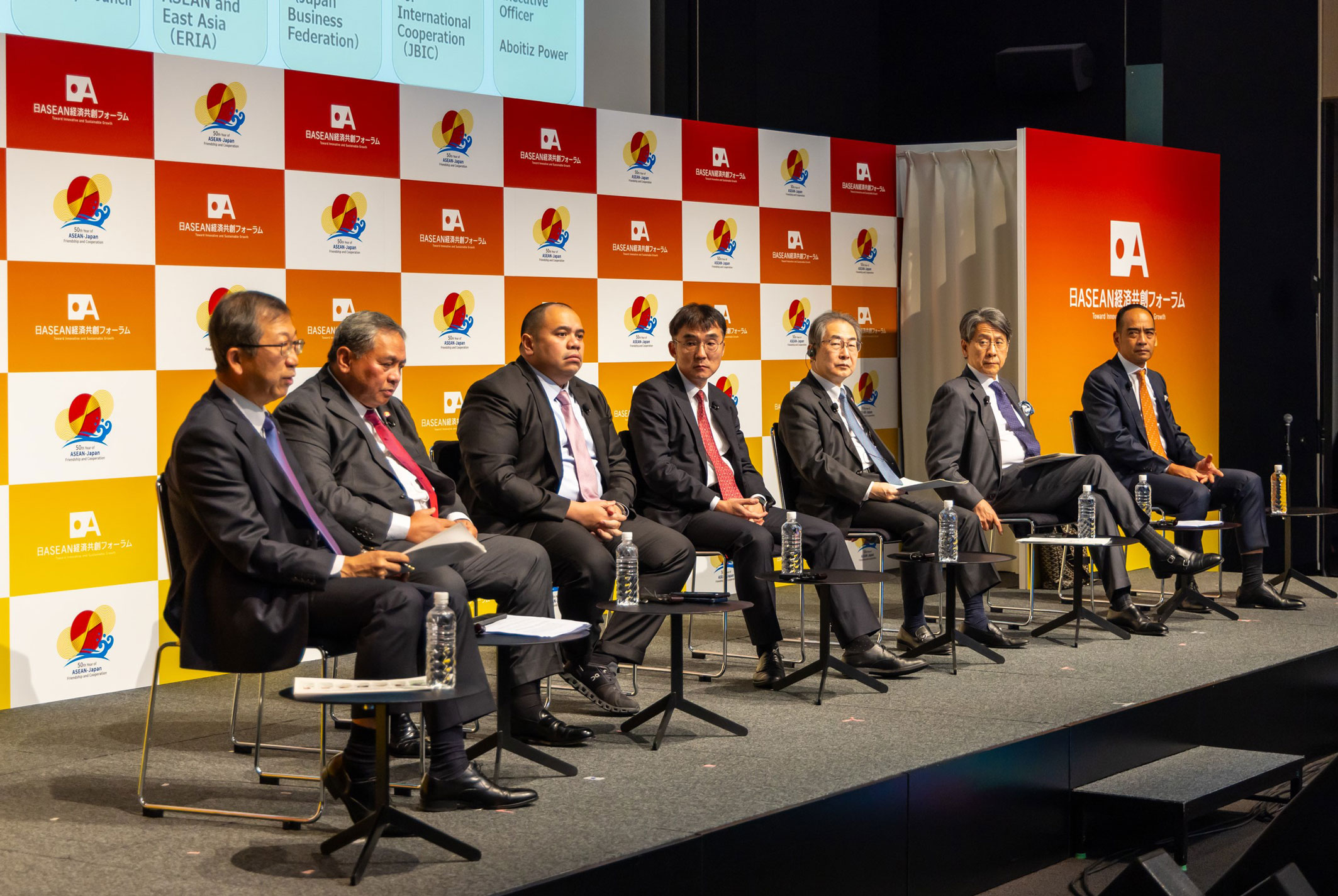
AboitizPower President and CEO Emmanuel Rubio (rightmost) participates in a panel held in Tokyo, Japan about Asia’s energy transition through th...

Joseph Lacson is an accomplished business leader with extensive global expertise in investments, strategy, and business development. A Baker Scholar g...
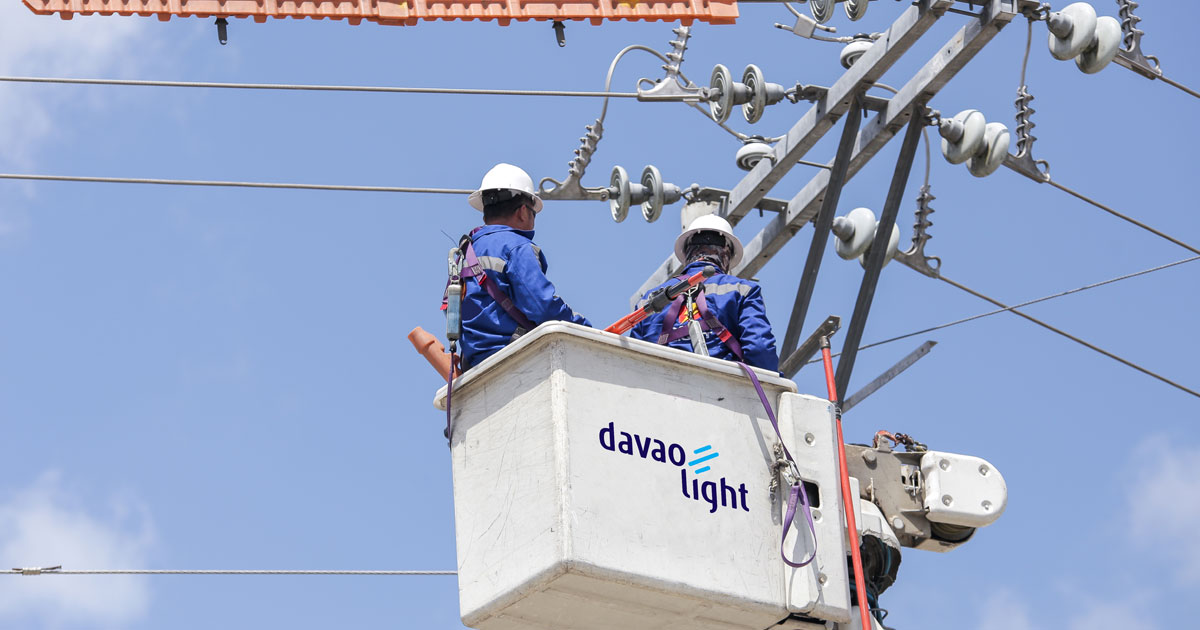
As one of the Philippines’ largest power producers, we help fill the nation’s growing energy needs by providing secure and affordable access to sustainable power across the country.
Learn more about our businesses
AboitizPower champions sustainability initiatives and ventures that help make the world a better place not only for people living today but for generations to come.
View our sustainability initiatives
View our shareholder relations and investment reports and find out how we prioritize addressing the triple bottom line of people, planet, and profit.
Visit our investor relationsWe use cookies to personalize content and ads, which enables us to analyze our traffic.
If you continue
to use this website, you consent to the use of our cookies.
Find out more here.